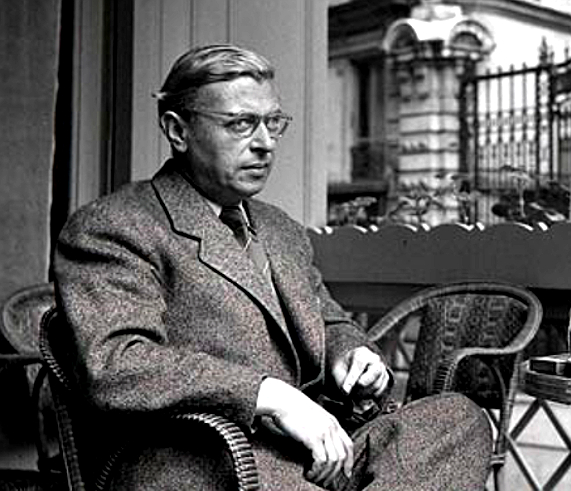
Story Highlights
- historical event:
- He claimed that he had rejected the prize because a writer must stay independent of the institutions which award such prizes. He didn't want the Nobel Prize to transform him and associate him with The Royal Swedish Academy of Sciences. Finally, Sartre stressed that the Nobel Prize doesn't treat writers of all ideologies and nations equally, since it prefers Western models.
On this day the Nobel Institute declared French philosopher and writer Jean-Paul Sartre to be the winner of the 1964 Nobel Prize in Literature. This caused a public incident, because it was the first time in history that someone had rejected the prize by his own free will (the prize also includes a substantial amount of money). Only one other man in history rejected the prize in this manner – the Vietnamese Le Duc Tho in 1973.
Sartre explained the reason behind his decision in the French newspaper Le Figaro. Firstly, he expressed regret that his act had caused a public scandal. He claimed that he had rejected the prize because a writer must stay independent of the institutions which award such prizes. He didn’t want the Nobel Prize to transform him and associate him with The Royal Swedish Academy of Sciences. Finally, Sartre stressed that the Nobel Prize doesn’t treat writers of all ideologies and nations equally, since it prefers Western models.
Indeed, Sartre proved a man of principles, since he had previously rejected membership in the French Legion of Honor, and also said he would have rejected the Lenin Prize had it been offered to him.
Still, the decision to award a Nobel Prize cannot be revoked, so that Sartre is still considered the 1964 recipient, despite his categorical refusal to accept it.




